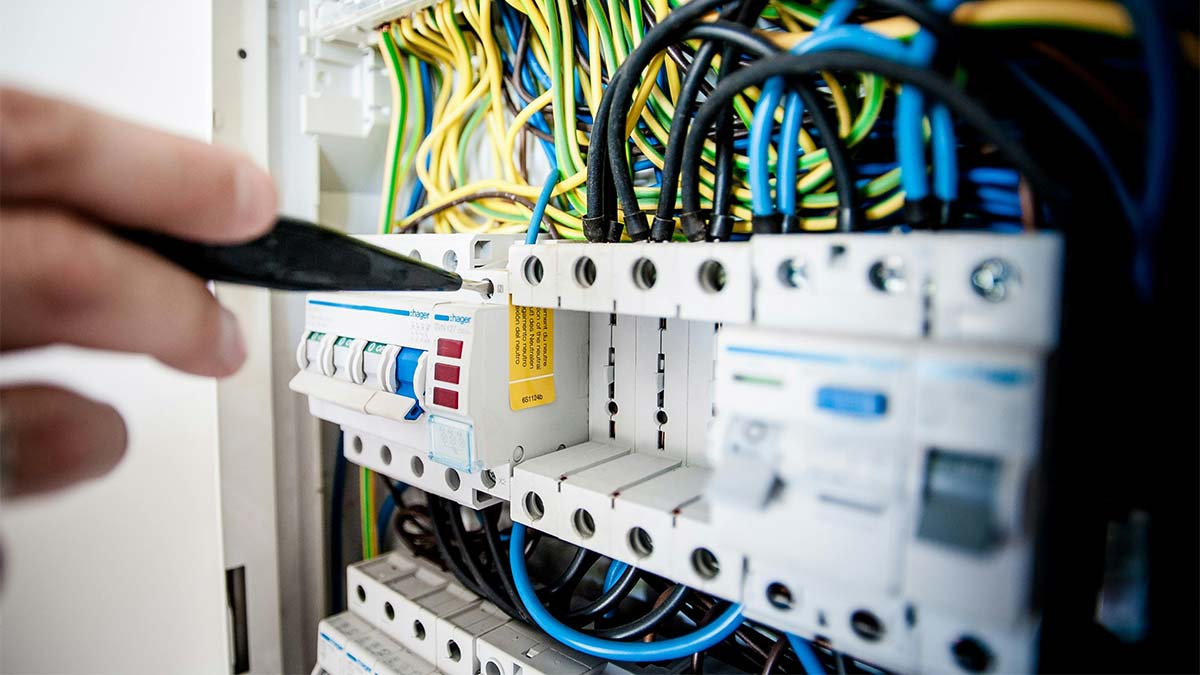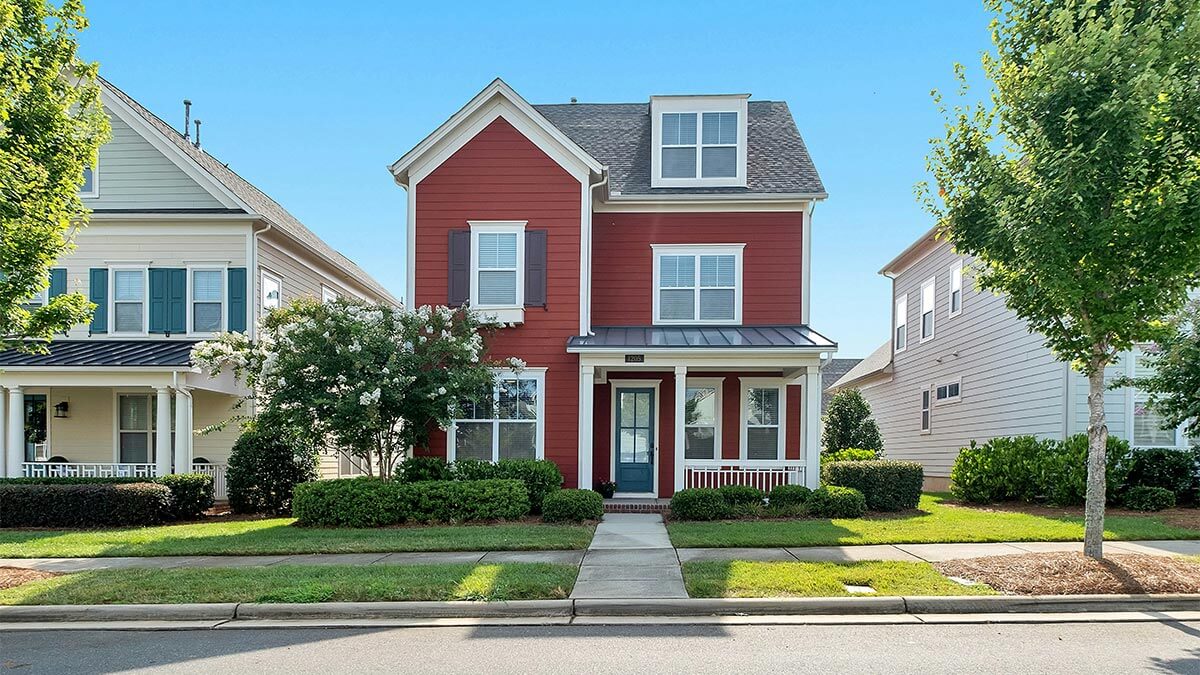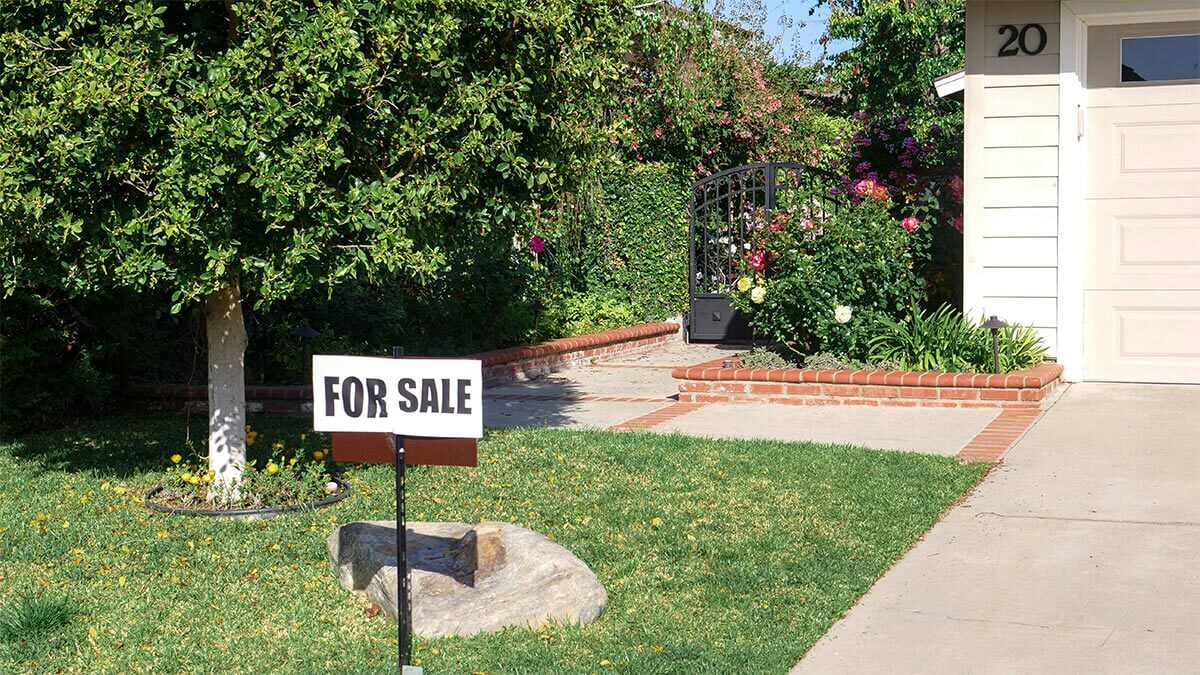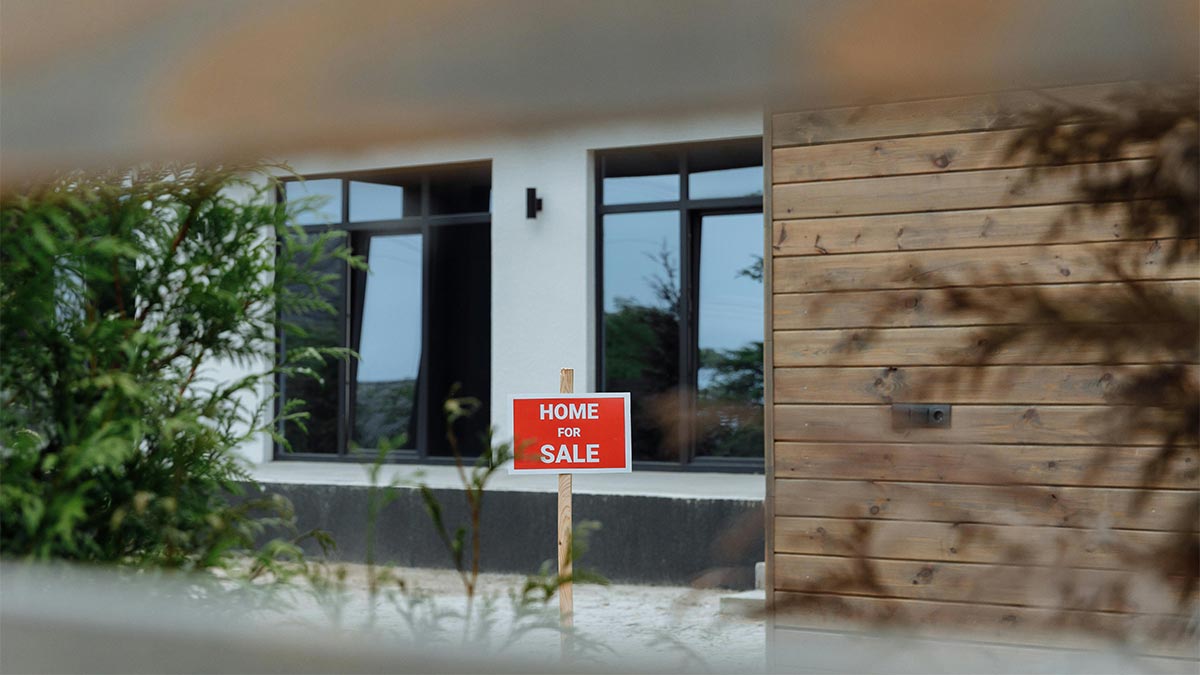If your smoke detectors are looking a little old, or beeping randomly at night, you might be wondering if it’s time for a swap. And more importantly, whether you can handle it yourself or need to bring in the pros.
Hardwired smoke detectors are a bit different from the battery kind. They’re wired into your home’s electrical system, which makes things trickier. Mess it up, and you’re not just risking a loud beep, you could be putting your safety on the line.
Let’s break down when you can DIY it, when to call an electrician, and how to avoid any headaches (or house calls).
Thinking about selling your home soon? Fixing the little stuff like smoke detectors can help you close faster. Get your no-obligation cash offer from iBuyer.com and skip the stress.
Compare Cash Offers from Top Home Buyers. Delivered by Your Local iBuyer Certified Specialist.
One Expert, Multiple Offers, No Obligation.
Smoke Detectors
- What Makes a Smoke Detector “Hardwired”?
- Do Hard Wired Smoke Alarms Need to Be Replaced?
- Can You Replace a Hardwired Smoke Detector Yourself?
- When to Call a Licensed Electrician Instead
- Common Mistakes to Avoid When Replacing Hardwired Detectors
- Bonus: Choosing the Right Replacement Smoke Alarm
- Reilly’s Two Cents
- Show Your Home’s Been Cared For
- Frequently Asked Questions
What Makes a Smoke Detector “Hardwired”?
Smoke detectors are small, life-saving devices that sense smoke and warn you of a possible fire. That loud, piercing beep? It’s designed to wake you up and give you time to escape.
There are a few types out there. Battery-powered detectors are the most basic. You stick them on the ceiling, pop in a battery, and you’re good to go. But they only protect you as long as that battery’s working.
Hardwired smoke detectors, on the other hand, connect straight into your home’s electrical system. They still have backup batteries in case the power goes out, but their main power comes from your house. They’re often linked together, too, so if one alarm goes off, they all do.
That extra wiring means they’re more reliable, but also a bit more of a hassle to replace. And that’s where the question comes in: can you do it yourself, or should you call an electrician?
Do Hard Wired Smoke Alarms Need to Be Replaced?
Yep, even the hardwired ones don’t last forever. Most need to be replaced every 8 to 10 years, even if they seem like they’re still working.
Over time, the sensors wear out. That means they might not go off when they should, or worse, they could start setting off false alarms for no reason at all. If yours chirps randomly or doesn’t respond to a test, it’s probably time for a new one.
Also, don’t forget the backup batteries inside. Those should be swapped once a year, even if the alarm runs off your home’s power. A dead backup battery means no warning if the power ever cuts out during a fire.
Can You Replace a Hardwired Smoke Detector Yourself?
You can, if you’re careful. Replacing a hardwired smoke detector isn’t rocket science, but it does involve handling wires. That’s where folks get nervous, and rightfully so.
First thing: turn off the power at the breaker. Don’t just flip the switch in the room, cut the power at the panel. You don’t want to mess with live wires.
Most replacements are a simple swap. You twist off the old one, disconnect the plug, match the wires, and connect the new one. Just make sure the new detector is compatible with your existing wiring and mounting plate. If not, you’ll need to change those, too.
If anything looks sketchy, frayed wires, loose connections, or unfamiliar setups, it’s time to stop and call a pro.
When to Call a Licensed Electrician Instead
Sometimes, it’s just smarter, and safer, to let a licensed electrician handle it. If your home is older or the wiring looks confusing, calling a pro can save you from a big headache.
Electricians know how to deal with tricky setups, like outdated wiring or alarms that need to be hardwired into new spots. They also make sure your smoke detectors are installed where they’re supposed to be, like outside bedrooms and on every floor, so your home meets current safety codes.
Plus, if you’re adding new detectors or switching to a smart system, that’s electrical work that should be done by someone with training. No shame in calling a professional, it’s better than guessing and risking your safety.
Common Mistakes to Avoid When Replacing Hardwired Detectors
Even if you’re handy, it’s easy to slip up with smoke detectors. One of the biggest mistakes? Not turning off the power. You might think flipping the light switch is enough, but it’s not. Always shut off the power at the breaker box before touching any wires.
Another common mess-up is buying the wrong type. Not all smoke detectors fit the same mounting plate or connector. If your new one doesn’t match the old setup, you’ll be stuck mid-project or worse, try to force it and risk it not working.
People also forget to install the backup battery, or they leave the old one in there thinking it’s fine. That battery is your only line of defense during a blackout, so don’t skip it.
Last mistake? Not testing the new unit once it’s up. Just press the test button. It takes two seconds and lets you know everything’s wired and working right.
Bonus: Choosing the Right Replacement Smoke Alarm
Not all smoke detectors are created equal. You’ve got basic models that beep when they sense smoke, and then you’ve got smart ones that can send alerts to your phone or even talk to each other across rooms.
If you’re replacing an older unit, look for one that works with your existing mounting plate and wiring. That way, it’s a quick swap. But if your system’s outdated, it might be time to upgrade.
Here’s a simple breakdown:
| Type | Power Source | Features | Estimated Lifespan | Price Range |
| Basic Hardwired | Home power + battery | Alarm only | 8–10 years | $15–$30 |
| Smart Hardwired | Home power + battery | App alerts, voice warnings, interconnects | 8–10 years | $50–$120 |
If you’re planning to sell your home, even a basic new unit makes a good impression. But if you want the extra peace of mind or plan to stay a while, the smart upgrade could be worth it.
Reilly’s Two Cents
I’ve dealt with this when selling homes in Florida, more than once, actually. Buyers and inspectors love to point out old or non-working smoke detectors. And even if they’re just a few years out of date, it can feel like a red flag to someone walking through your house. I’ve seen deals get delayed over stuff like this.
So here’s my take: don’t wait. If a detector’s chirping, looks yellowed, or hasn’t been touched in years, just replace it. It’s a cheap fix that shows buyers you’re on top of things.
Also, test every detector before your first showing. It takes five minutes and can save you a lot of back-and-forth during inspection. And if you’re not sure whether you can handle the wiring, get an electrician in early, no one wants to find out a week before closing that the job wasn’t done right.
Little things like this? They add up. Fix them now, and your sale will go way smoother later.
Show Your Home’s Been Cared For
Hardwired smoke detectors do a big job, and like anything else in your home, they don’t last forever. If yours are chirping, outdated, or just plain dead, it’s time to swap them out. Some replacements are an easy DIY fix, but if you’re dealing with older wiring or upgrades, it’s smart to call in a licensed electrician.
Keeping your smoke alarms updated isn’t just about safety, it shows buyers that your home’s been cared for. It’s one less thing for them to worry about during inspection.
Want to skip the repair list and sell your home as-is? Get your data-backed cash offer today from iBuyer.com and move on your terms.
Instant Valuation, Confidential Deals with a Certified iBuyer.com Specialist.
Sell Smart, Sell Fast, Get Sold. No Obligations.
Frequently Asked Questions
Not always. If it’s a simple one-for-one replacement and you’re comfortable turning off the power and matching wires, you can likely do it yourself. But if the wiring looks old or the new detector doesn’t match up, call an electrician.
Most should be replaced every 8 to 10 years. Even if they still beep, the sensors inside can wear out over time and stop detecting smoke properly.
You could get shocked, short a wire, or damage the new detector. Always cut the power at the breaker box before handling any wiring.
Yes, but be careful. Not all detectors use the same mounting plate or connector. Make sure the new one is compatible or be ready to change the setup.
If it beeps randomly, doesn’t respond to a test button, or is over 10 years old, it’s time for a replacement. Also, yellowing plastic can be a sign it’s past its prime.
Reilly Dzurick is a seasoned real estate agent at Get Land Florida, bringing over six years of industry experience to the vibrant Vero Beach market. She is known for her deep understanding of local real estate trends and her dedication to helping clients find their dream properties. Reilly’s journey in real estate is complemented by her academic background in Public Relations, Advertising, and Applied Communication from the University of North Florida.




